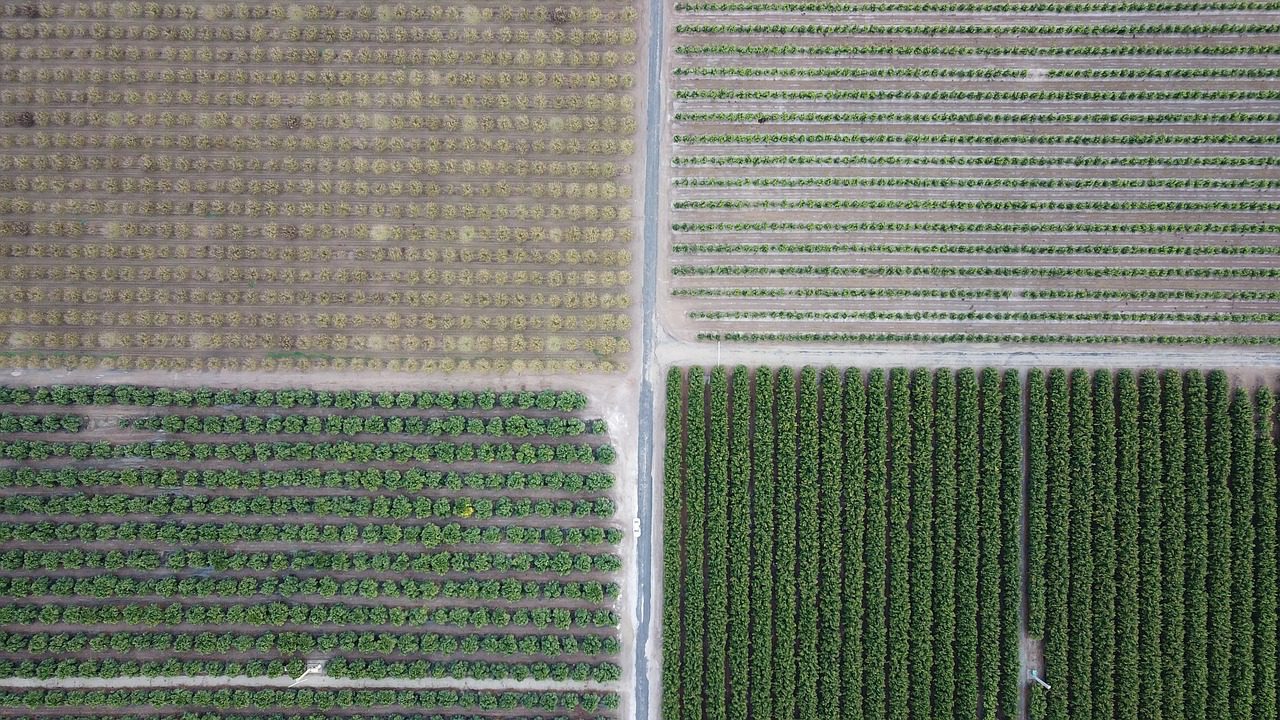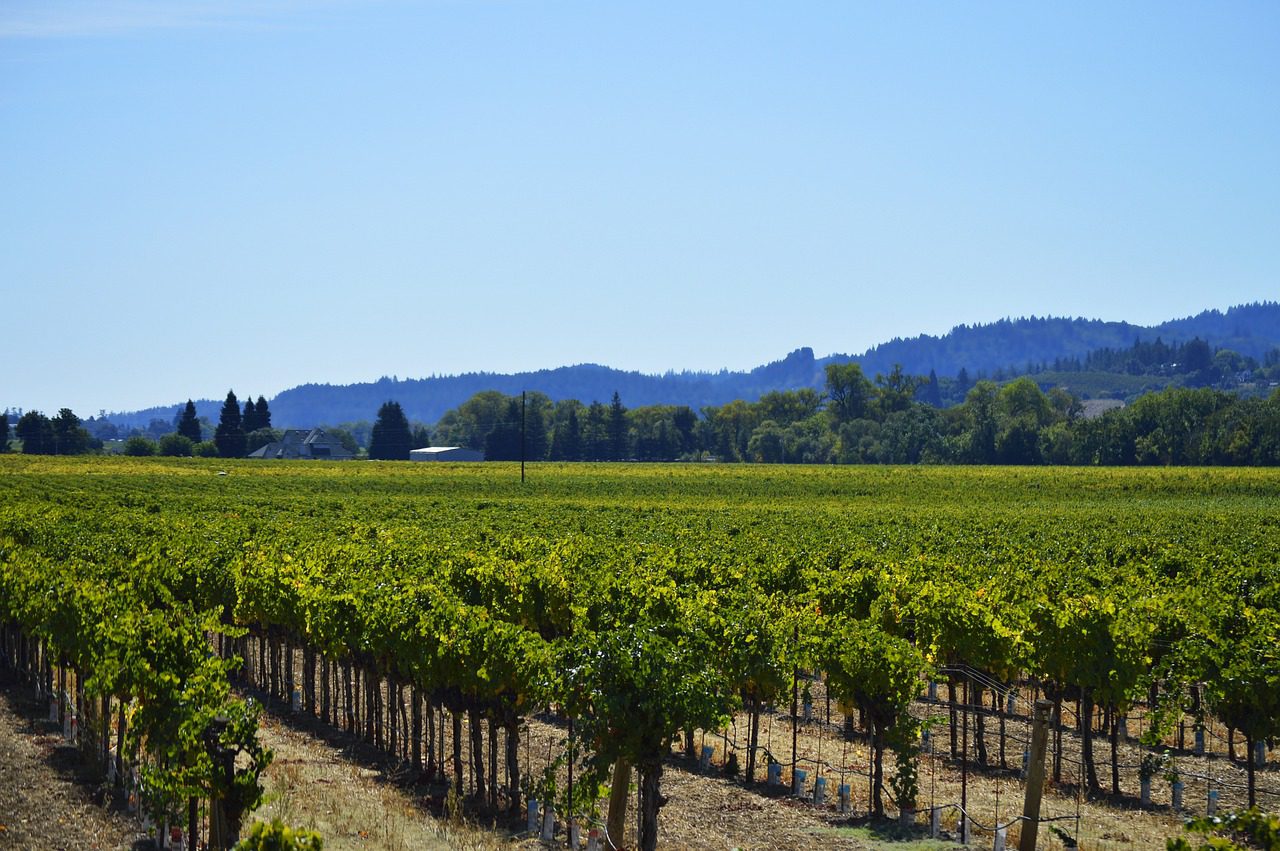June 26, 2023 — Whenever there is a water shortage in the Colorado River basin states, all fingers point to agribusiness, blaming farmers for using too much water. The blame game is misplaced, at least according to data revealed in a California study.
In a commentary by Dr. Armrith Gunasekara published in California’s AgAlert newsletter , Gunasekara writes:
At the height of a historic drought in 2015, for example, The Washington Post published a report titled “Agriculture is 80% of water use in California.” And a 2022 report by Food and Water Watch, titled “These industries are sucking up California’s water and worsening drought,” again noted that, “in California, 80% of our water goes toward agriculture.”
Really?
Before we explain just how much that 80% figure is taken out of context, this fact is worth noting: Water for farmers in California produces by far America’s largest food supply, including staples that are affordable, safe, nutritious and essential for our daily lives.
Fresh Insights from the California Bountiful Foundation.
A recent study by the California Bountiful Foundation , a non-profit scientific and research organization affiliated with the California Farm Bureau
, a non-profit scientific and research organization affiliated with the California Farm Bureau , reveals that farmers and ranchers in the state use a mere 15% of California’s total water supply. The study sheds light on the water consumption patterns of the state’s agriculture sector, which is renowned for being the largest food-producing industry in the United States.
, reveals that farmers and ranchers in the state use a mere 15% of California’s total water supply. The study sheds light on the water consumption patterns of the state’s agriculture sector, which is renowned for being the largest food-producing industry in the United States.
This data-driven analysis challenges widely held beliefs regarding agricultural water consumption in California.
Challenging Misconceptions.
Dr. Gunasekara , the Director of Science and Research at the California Farm Bureau, emphasized the importance of accurately understanding how water is allocated and utilized in agriculture, saying, “We initiated this study to gain insights into the portrayal and allocation of agricultural water. Our findings reveal that the popular perceptions about agricultural water use do not align with the actual data on California’s water availability.”
, the Director of Science and Research at the California Farm Bureau, emphasized the importance of accurately understanding how water is allocated and utilized in agriculture, saying, “We initiated this study to gain insights into the portrayal and allocation of agricultural water. Our findings reveal that the popular perceptions about agricultural water use do not align with the actual data on California’s water availability.”
Informing Policy Makers and Stakeholders.
In an effort to distribute these findings and educate policy makers and stakeholders, the California Bountiful Foundation is partnering with the Governmental Affairs Division of the California Farm Bureau to issue policy briefs.
is partnering with the Governmental Affairs Division of the California Farm Bureau to issue policy briefs.
California Farm Bureau President, Jamie Johansson , spoke highly of the state’s agriculture sector. He pointed out, “As the national leader in food production, California agriculture not only delivers a varied, nutritious, and affordable food supply but does so efficiently. It is imperative that we enlighten our policy makers about the realities of water usage in the state’s vital agricultural food production.” To validate and document the research, the California Bountiful Foundation plans to publish a policy brief along with peer-reviewed scientific articles. This will further establish the credibility of their findings and contribute to a more informed discussion regarding water allocation and use in California’s agriculture sector.
, spoke highly of the state’s agriculture sector. He pointed out, “As the national leader in food production, California agriculture not only delivers a varied, nutritious, and affordable food supply but does so efficiently. It is imperative that we enlighten our policy makers about the realities of water usage in the state’s vital agricultural food production.” To validate and document the research, the California Bountiful Foundation plans to publish a policy brief along with peer-reviewed scientific articles. This will further establish the credibility of their findings and contribute to a more informed discussion regarding water allocation and use in California’s agriculture sector.

State Legislation Challenges.
As California faces erratic weather patterns ranging from droughts to floods, there is a rising demand to revamp the state’s ancient water rights system which has been in place since 1850. Critics believe that the current system is not equipped to handle the modern challenges posed by climate change. Three bills have been introduced in the California Legislature to expand the powers of the California State Water Resources Control Board, but they face stiff opposition.
The Proposed Legislation.
Three significant bills aim to reshape California’s water management system:
aim to reshape California’s water management system:
- Assembly Bill 460 (AB 460)
 – Proposed by Assembly Member Rebecca Bauer-Kahan:
– Proposed by Assembly Member Rebecca Bauer-Kahan:
- Empowers the state water board to issue temporary orders to limit water diversions.
- Increases financial penalties for not complying with these orders.
- Assembly Bill 1337 (AB 1337)
 – Proposed by Assembly Member Buffy Wicks:
– Proposed by Assembly Member Buffy Wicks:
- Grants legal authority to the water board to override existing water rights to enforce curtailments.
- Senate Bill 389 (SB 389)
 – Proposed by State Senator Ben Allen:
– Proposed by State Senator Ben Allen:
- Allows the state board to enact rules for investigating the diversion and utilization of water from streams to ascertain the basis of rights.
These bills were introduced following recommendations in a report from the University of California, Berkeley, which highlighted the need for routine curtailments and stronger penalties for violations.
The Opposition.
A broad coalition including farm groups, water agencies, and business groups opposes the bills. The California Farm Bureau joined the Association of California Water Agencies, which represents over 460 public water agencies delivering 90% of the state’s water, in opposition to the proposed legislation.
The concerns raised by the opposition include :
:
- The potential for the water board to impose harsh penalties on water right holders who are abiding by the law.
- A significant amount of uncertainty created for communities and businesses relying on a dependable water supply.
- The bills represent an overextension of legislative power and may have adverse effects on the state’s economy.
Economic Implications.
The coalition emphasizes that California’s water-priority system is crucial for the state’s economy as it influences water management, agriculture, construction, employment, and property values.
Credit-rating agencies have started inquiring how the proposed bills might impact land values and investments in new water projects.
Land Values and Agriculture; Impact on Farming Communities.
A study conducted by the California Chapter of the American Society of Farm Managers and Rural Appraisers showed that water policies have tangible effects on land values. Janie Gatzman, an accredited rural appraiser
showed that water policies have tangible effects on land values. Janie Gatzman, an accredited rural appraiser , said that buyers paid significantly more for lands with a secure water supply. She also pointed out that as restrictions on water pumping increase, values for lands relying only on well water have declined, whereas those within districts with a more secure supply have increased. Gatzman further added that the increased regulations could have far-reaching impacts not only on land values but also on farmers, farmworkers, and businesses like irrigation suppliers, nurseries, crop consultants, and equipment dealers. A decline in land values can lead to loan defaults and severely impact communities dependent on a thriving agricultural economy.
, said that buyers paid significantly more for lands with a secure water supply. She also pointed out that as restrictions on water pumping increase, values for lands relying only on well water have declined, whereas those within districts with a more secure supply have increased. Gatzman further added that the increased regulations could have far-reaching impacts not only on land values but also on farmers, farmworkers, and businesses like irrigation suppliers, nurseries, crop consultants, and equipment dealers. A decline in land values can lead to loan defaults and severely impact communities dependent on a thriving agricultural economy.
Moving Forward.
The opposition acknowledges the need for reforms in California’s water management to adapt to the changing climate. However, they stress the importance of a balanced approach to avoid unintended negative consequences on the state’s economy and communities. Considering the significant role that water plays in the world’s fifth-largest economy , they urge for careful consideration and analysis before implementing any major changes.
, they urge for careful consideration and analysis before implementing any major changes.


Leave a Reply